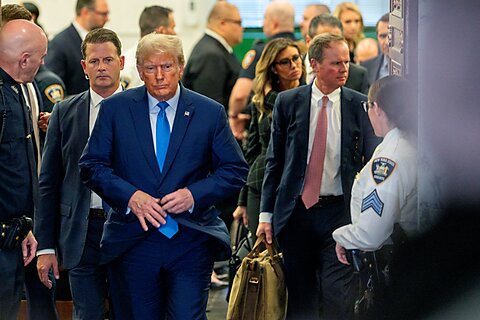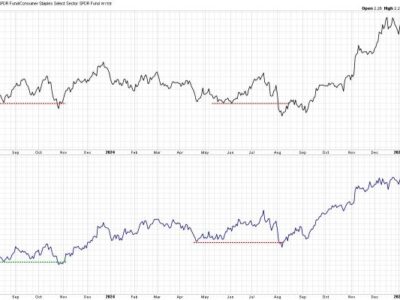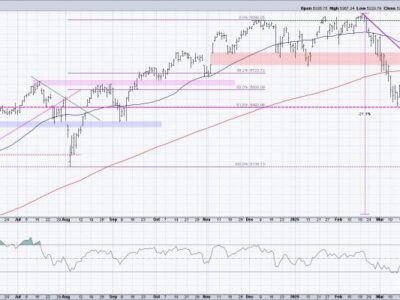
The multiple prosecutions of former President Donald Trump have occasioned a torrent of comment but relatively few debates calmly airing arguments from both sides.
I’m happy to report that I participated in one such debate on October 19 at the University of Maryland in College Park, sponsored by the school’s Federalist Society chapter. Taking the other side, more critical of the prosecutions than I, was attorney Gene Hamilton, currently vice president and general counsel of America First Legal and formerly an official in the Department of Justice under Trump. Prof. Michael Spivey of the government department moderated with great skill, and an overflow crowd of 100 or so students attended, with thoughtful questions and a high civility level on all sides.
By agreement we discussed only the federal prosecutions of Trump, that is to say, the ones pursued by special counsel Jack Smith, and thus did not address the Georgia and New York state‐ proceedings. In my comments, I advanced some themes I’ve sounded in this space, such as that the presumption against indicting former presidents is a sound one but can be overcome, that the charges against Trump over his attempt to overturn the 2020 election do not somehow amount to criminalizing speech or advocacy, and that while laws such as conspiracy to defraud the United States and conspiracy against protected rights may sound open‐ended, Smith’s team can point to recent precedent applying the laws in question to plausibly similar conduct. (For the current state of play on some of those questions, see prosecutors’ recent filing rebutting Trump’s attempt to get the case thrown out.)
Most of our time, however, wound up being spent on the Mar‐a‐Lago documents case. Hamilton’s firm has been seeking to develop the theory that the Presidential Records Act of 1978 is unconstitutional as an invasion of core presidential powers. (Among other provisions, the Nixon‐era law requires presidents to turn over papers to the National Archives on leaving office, whether those papers were created by themselves or others.)
It is true that the Supreme Court has not squarely addressed this question, and also true that separation‐of‐powers analysis based on ideas of core presidential power has made some headway with commentators and judges of late. And while Trump’s own statements about the PRA have been confused at best, there is nothing wrong with lawyers’ developing a better defense of his interests than he has done himself.
I myself nonetheless expressed doubt that the high court will see fit to strike down most or all of the PRA. More fundamentally, I said, even if it did, such a ruling would not rescue Trump from criminal liability under either the national security or the obstruction‐of‐justice branches of the charges. Hamilton took the view that public support for the prosecution would be undercut were it established that the National Archivist had not been substantially justified in the document demands that led after several rounds of dispute to the obstruction charges.
I’m glad that the Federalist Society is offering a venue for these important debates, which are of keen interest and relevance to its membership and to all of us.








